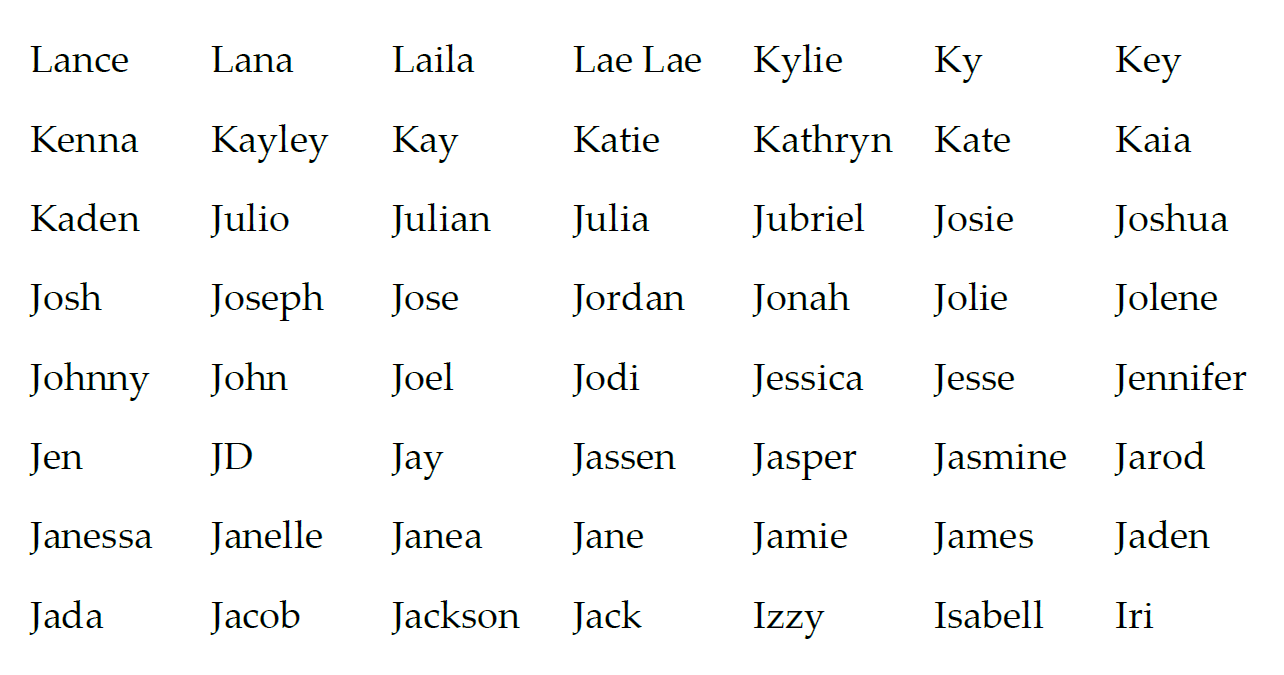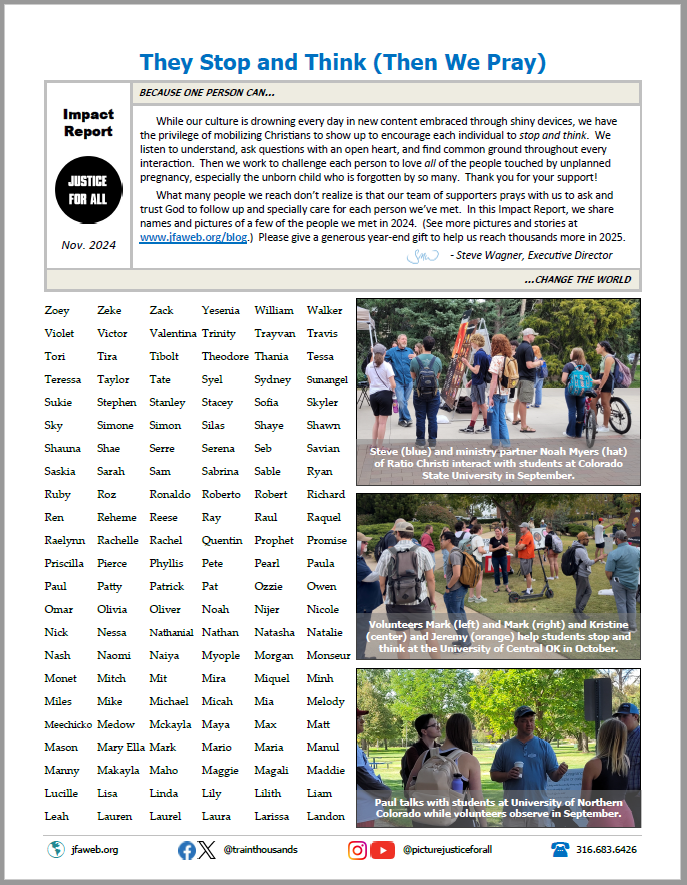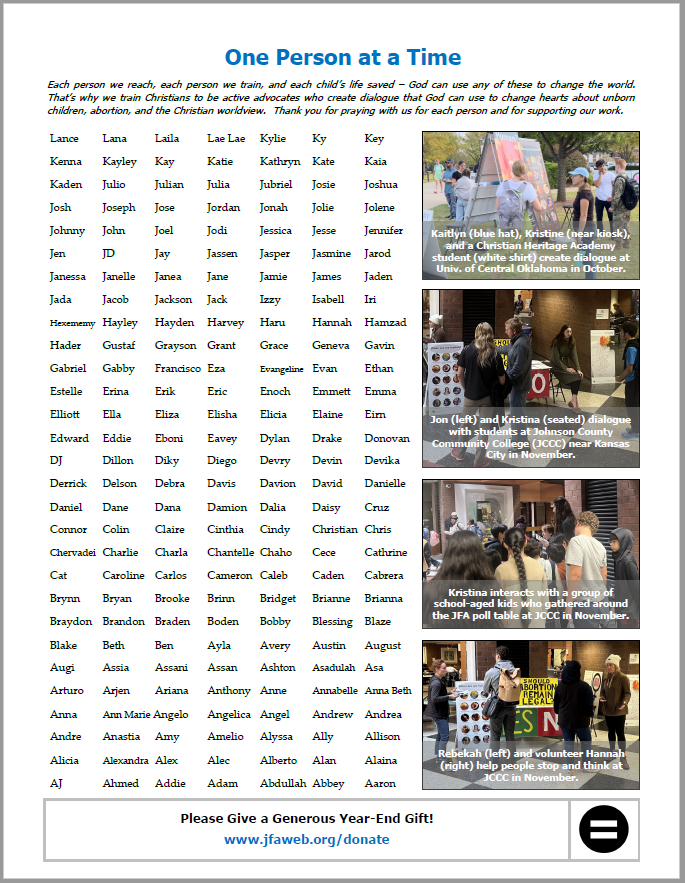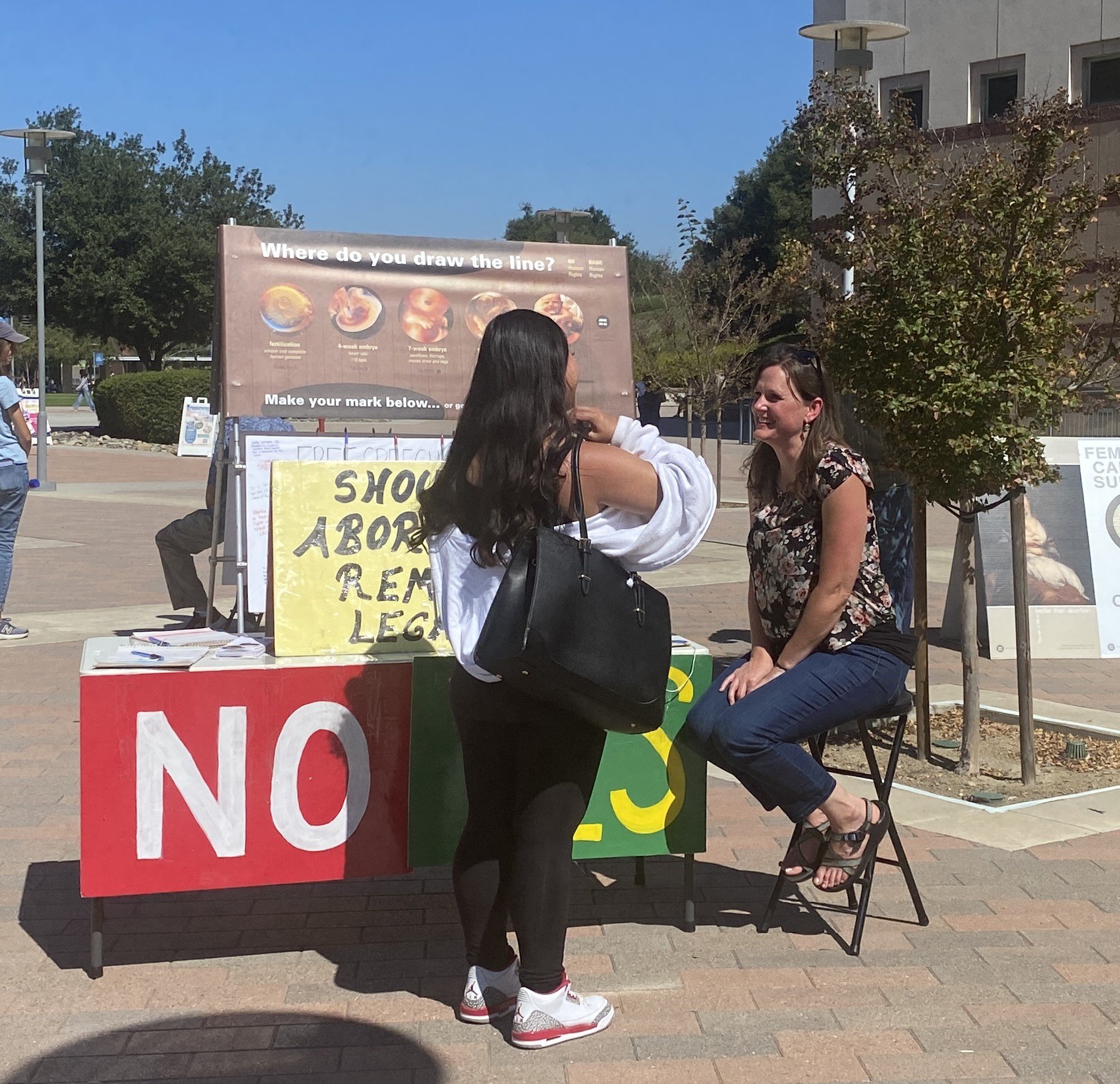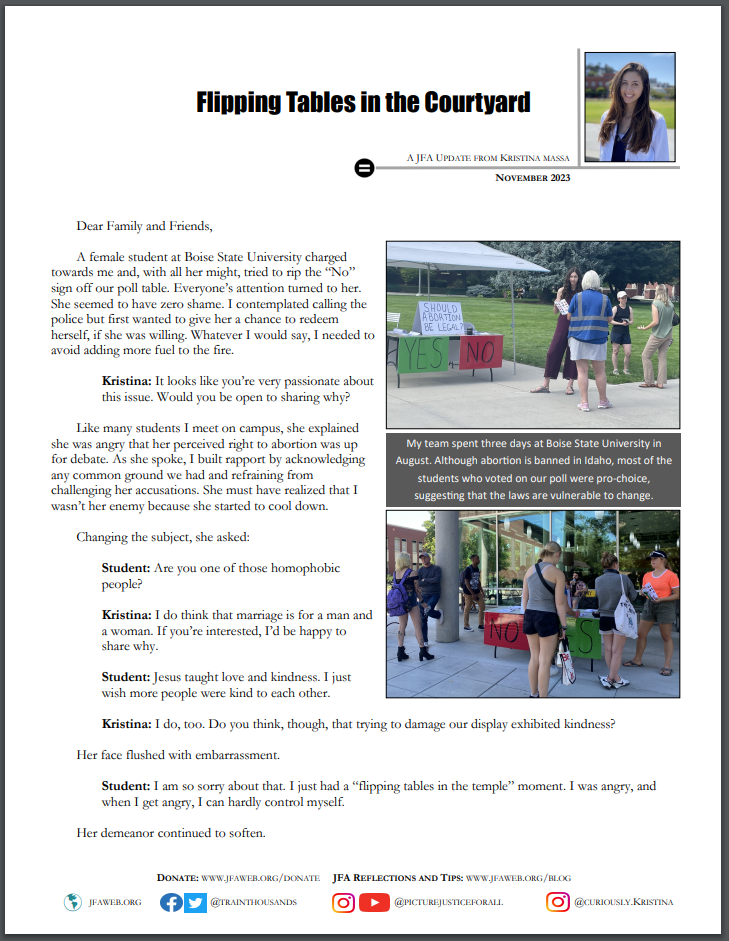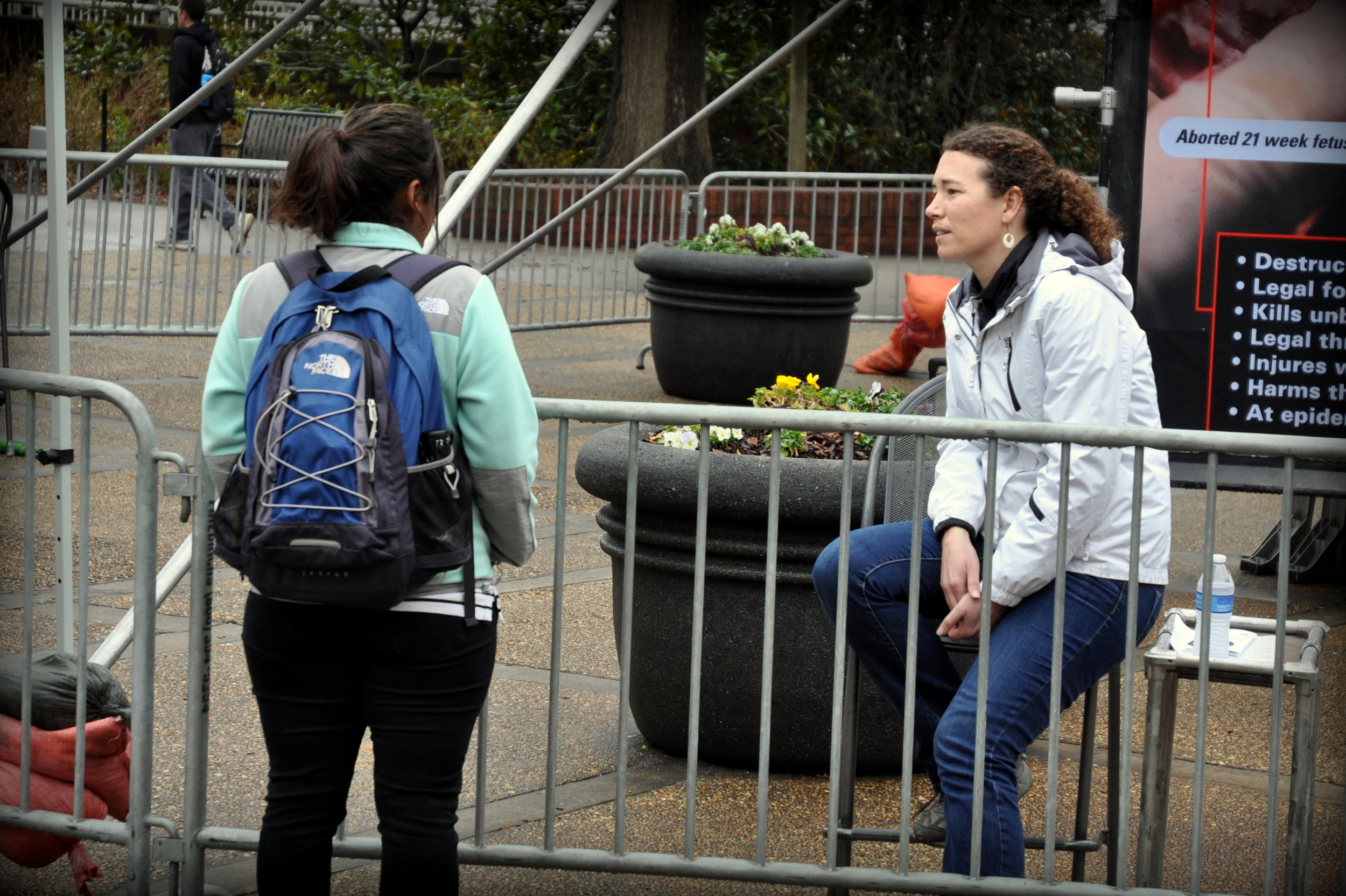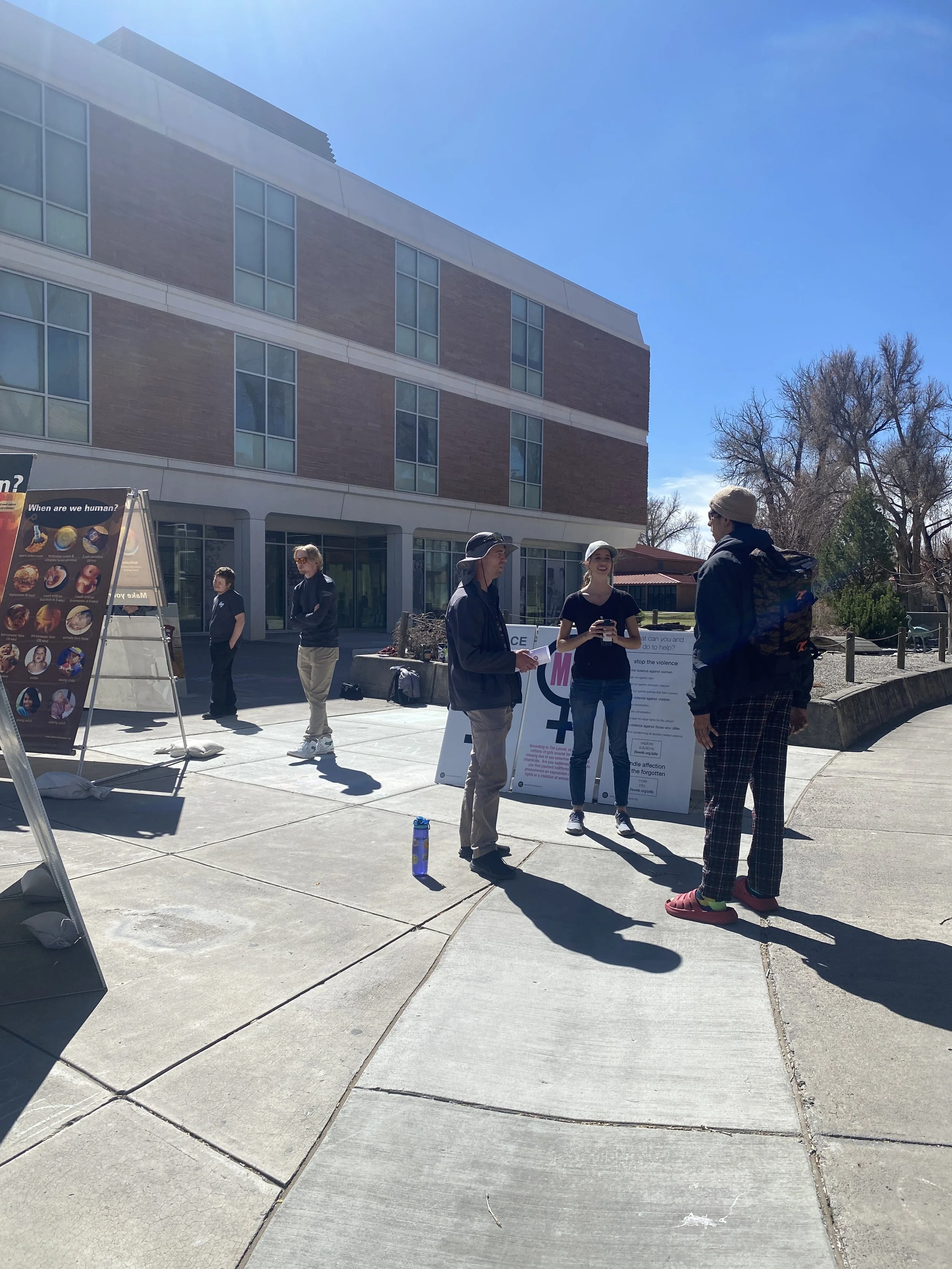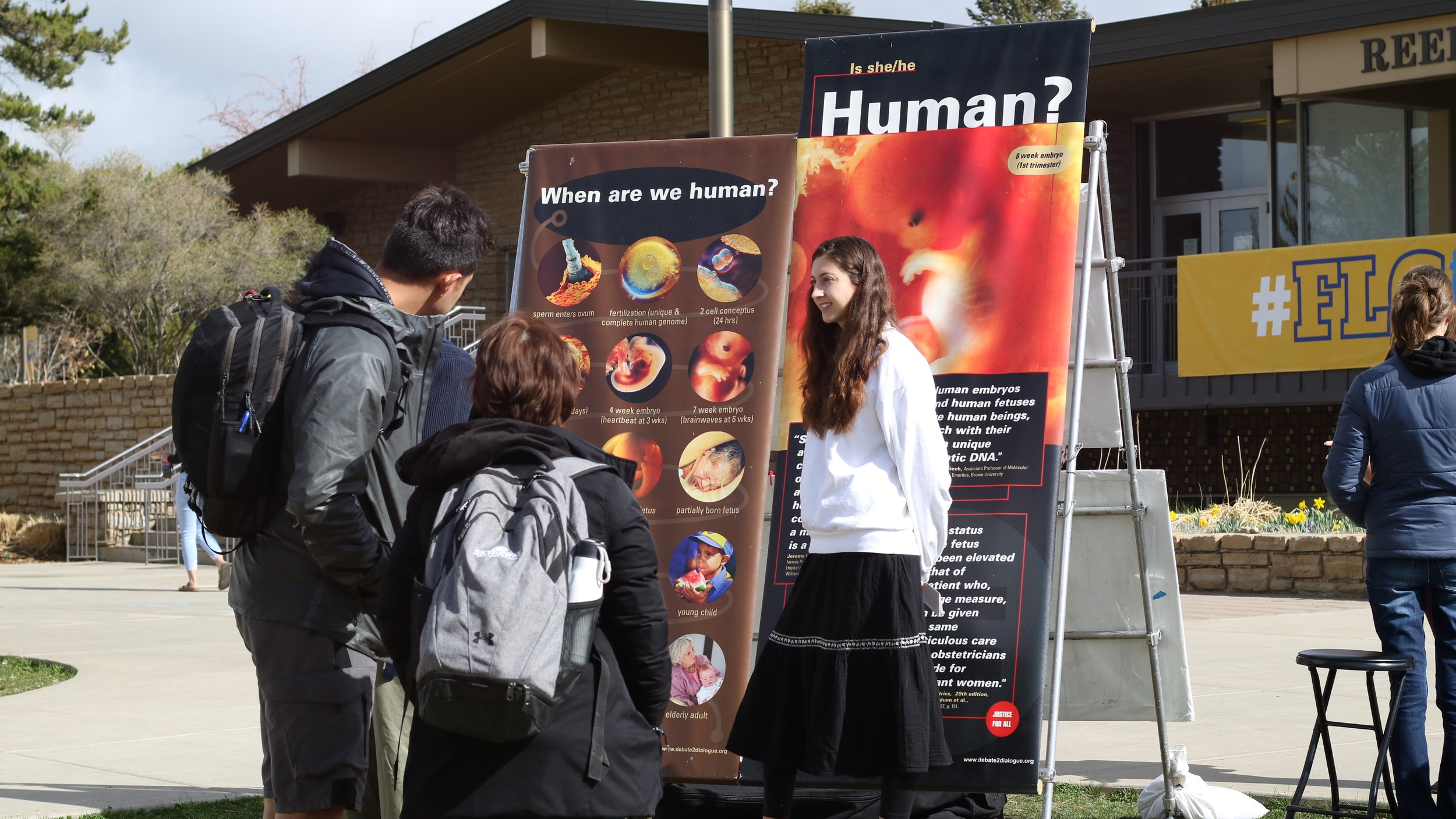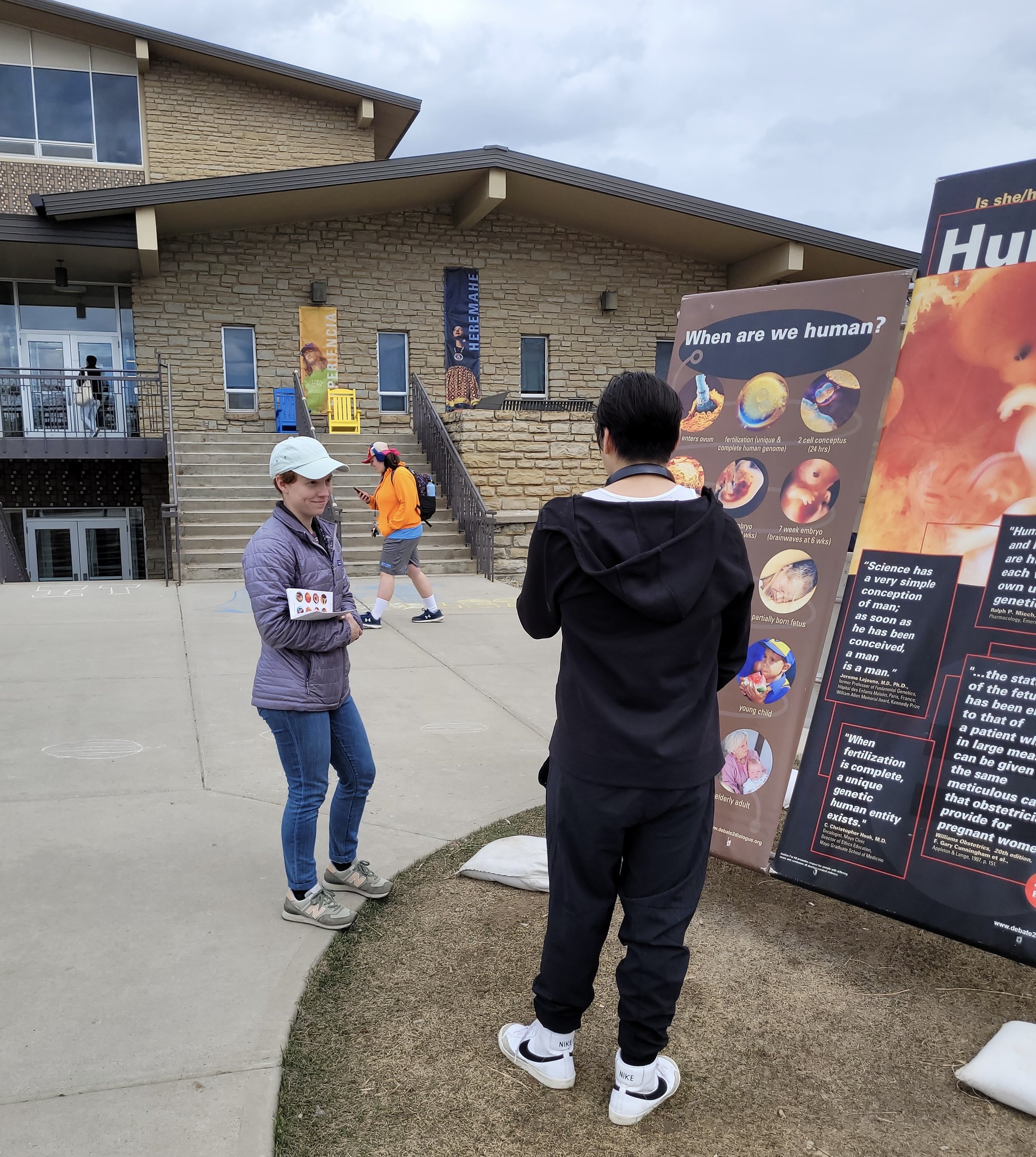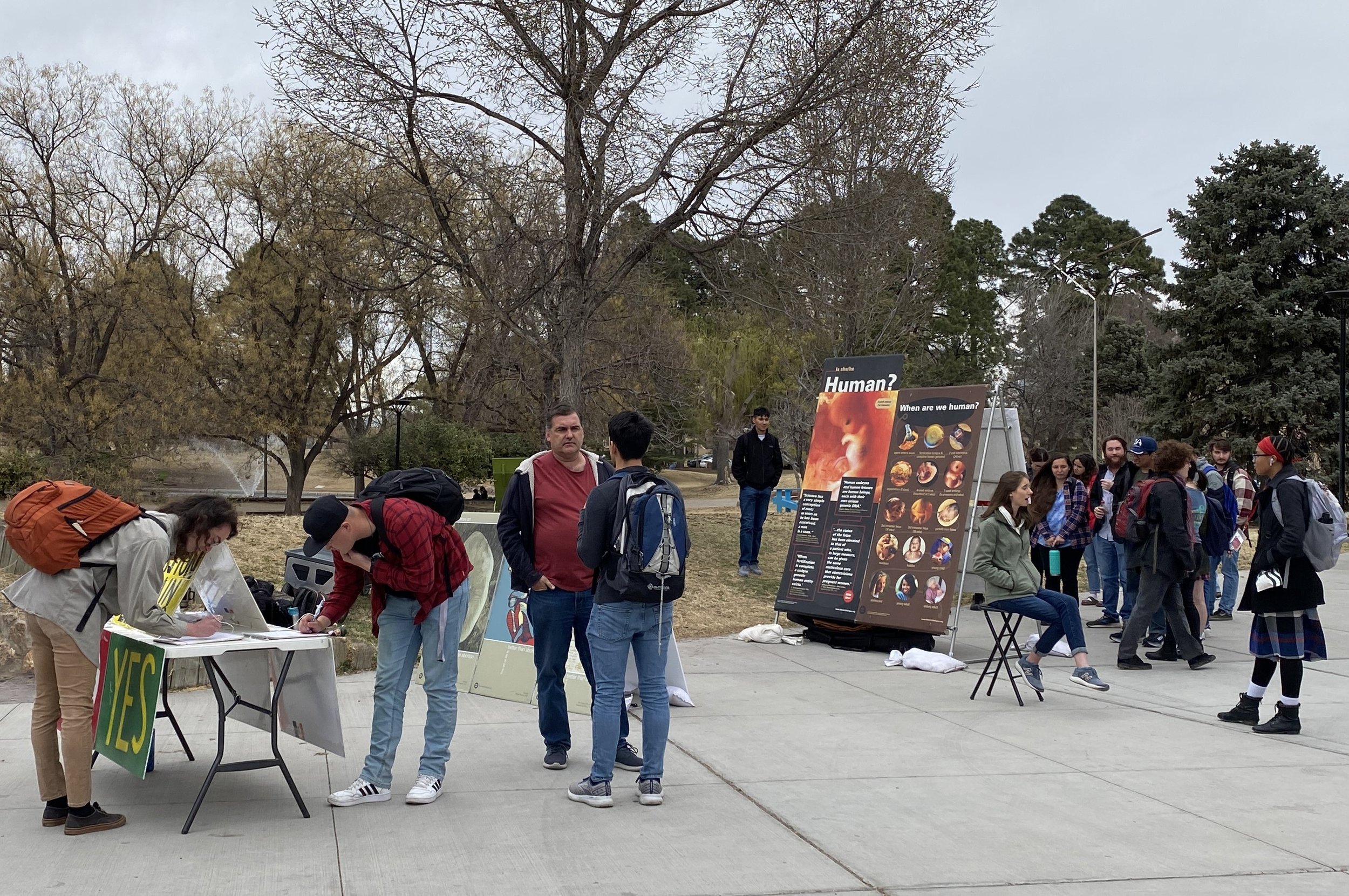They Stop and Think (Then We Pray)
While our culture is drowning every day in new content embraced through shiny devices, we have the privilege of mobilizing Christians to show up to encourage each individual to stop and think. We listen to understand, ask questions with an open heart, and find common ground throughout every interaction. Then we work to challenge each person to love all of the people touched by unplanned pregnancy, especially the unborn child who is forgotten by so many. Thank you for your support!
What many people we reach don’t realize is that our team of supporters prays with us to ask and trust God to follow up and specially care for each person we’ve met. In this Impact Report, we share names and pictures of a few of the people we met in 2024. (See more pictures and stories at www.jfaweb.org/blog.) Please give a generous year-end gift to help us reach thousands more in 2025.
Pray with us for…
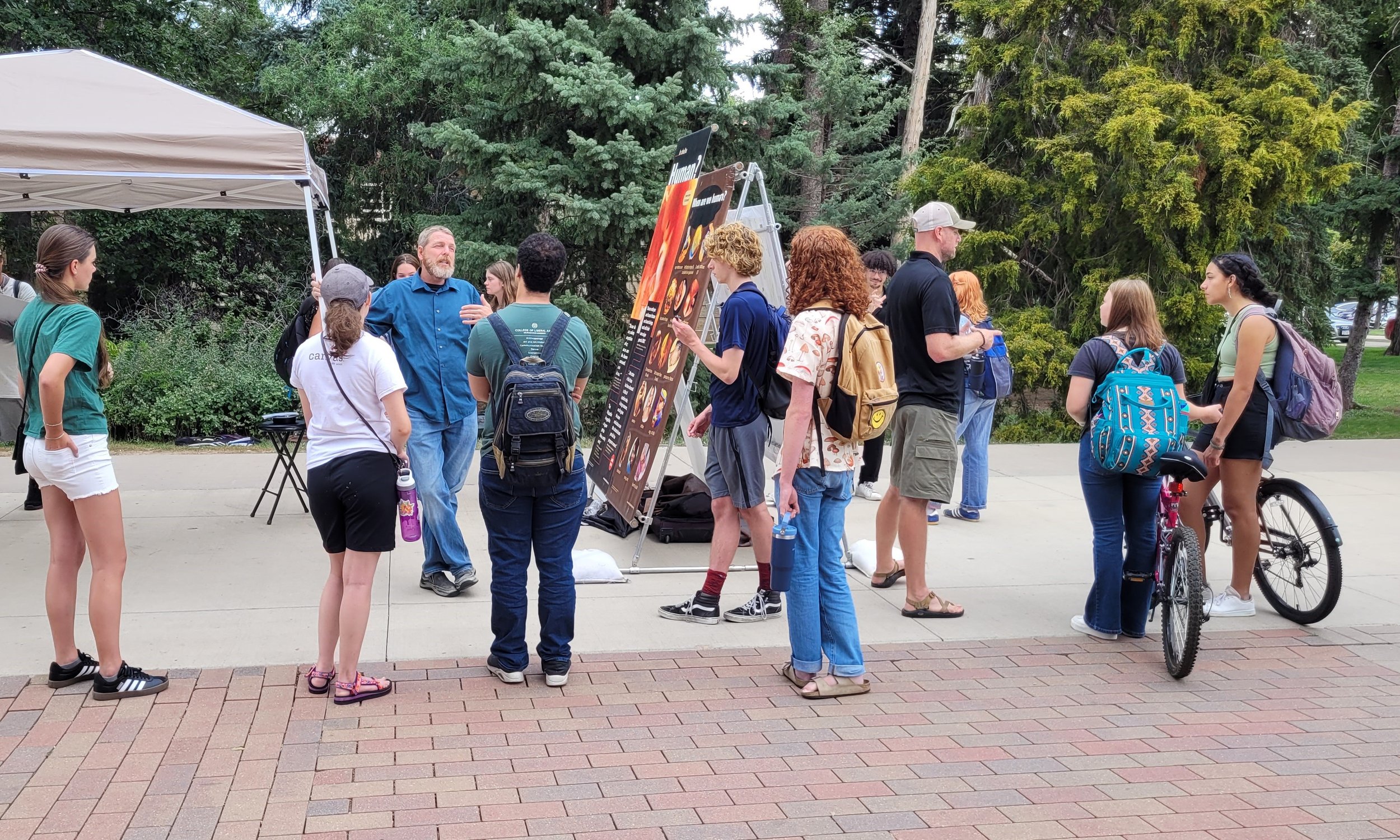
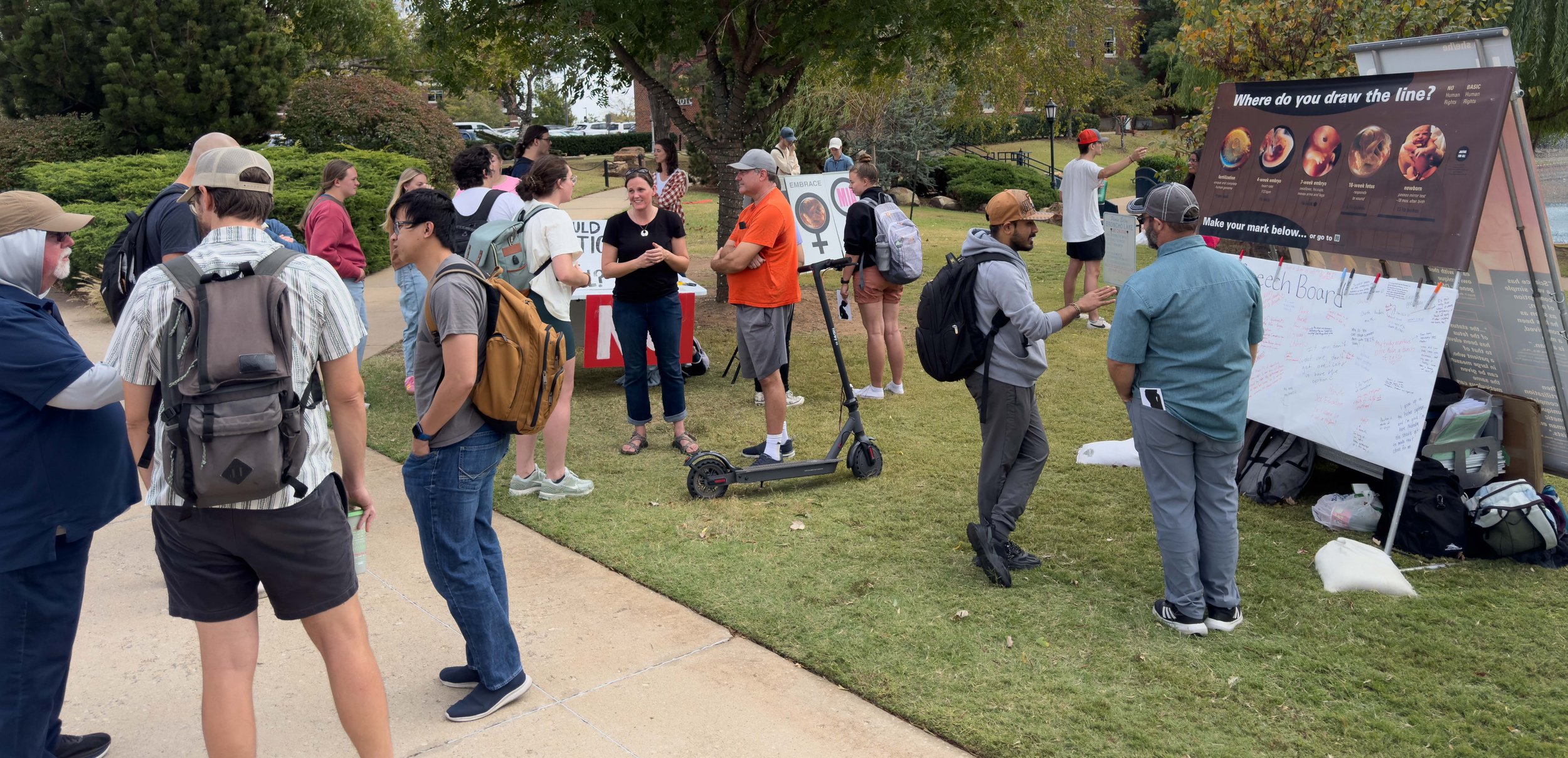
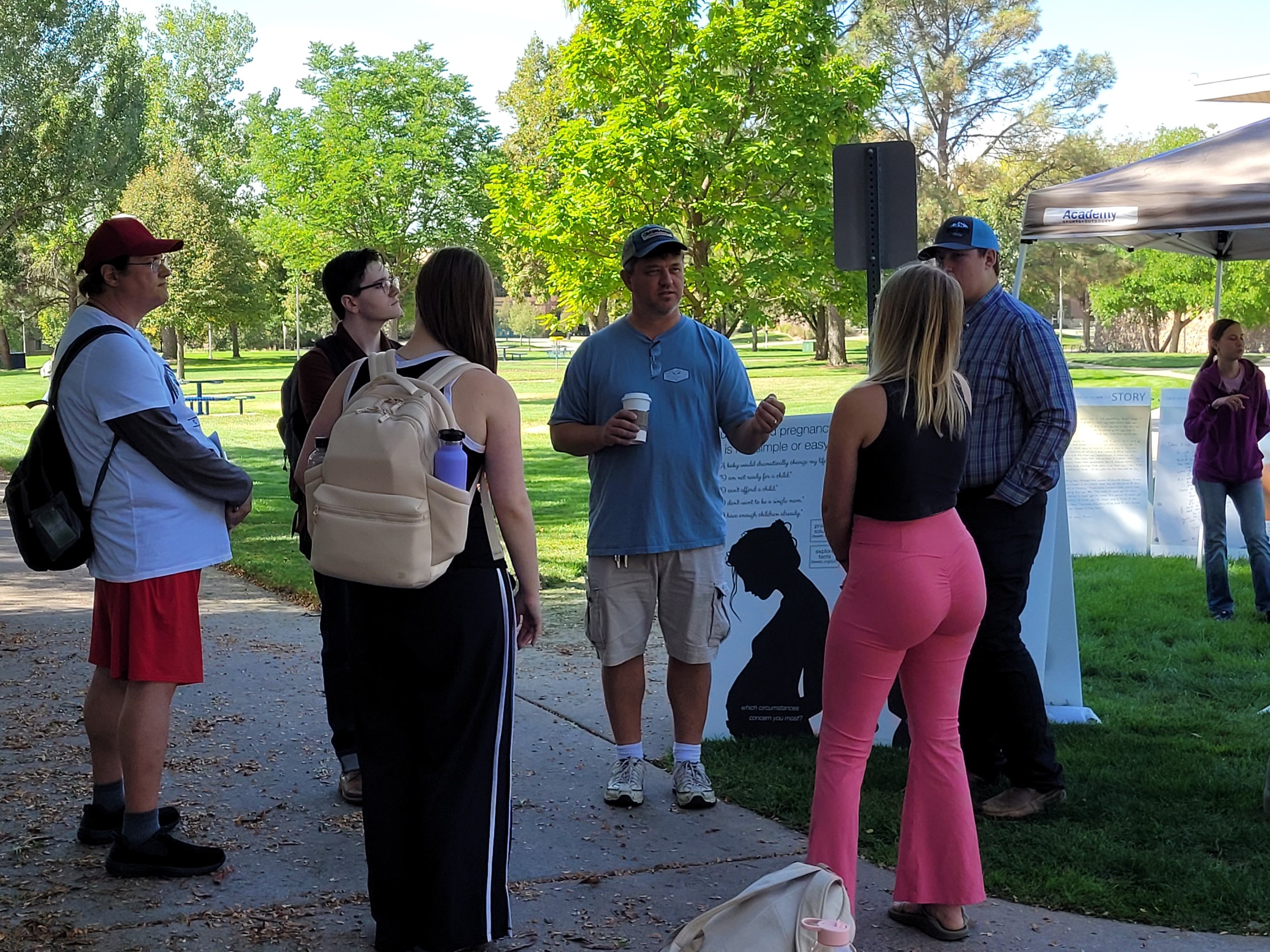
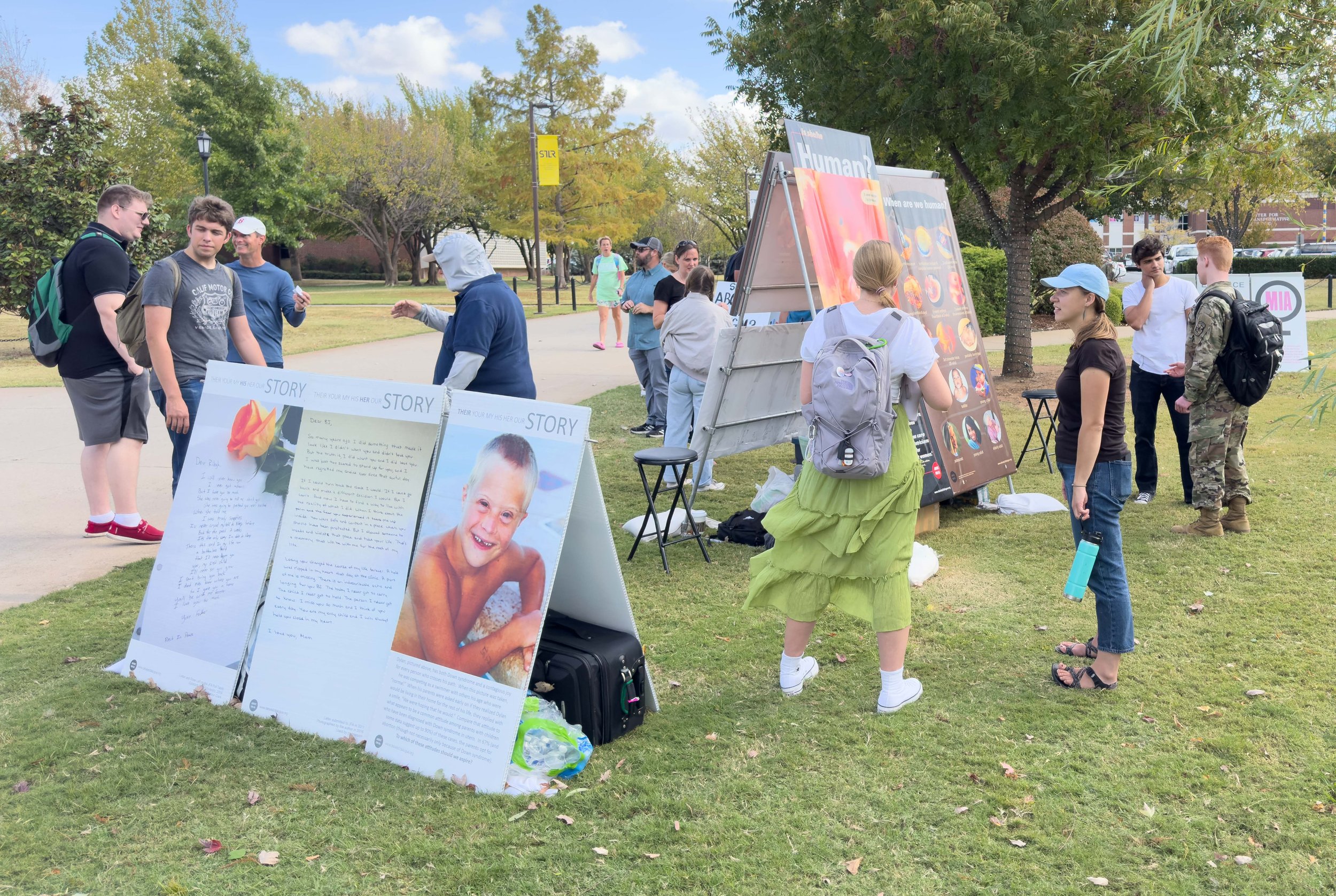


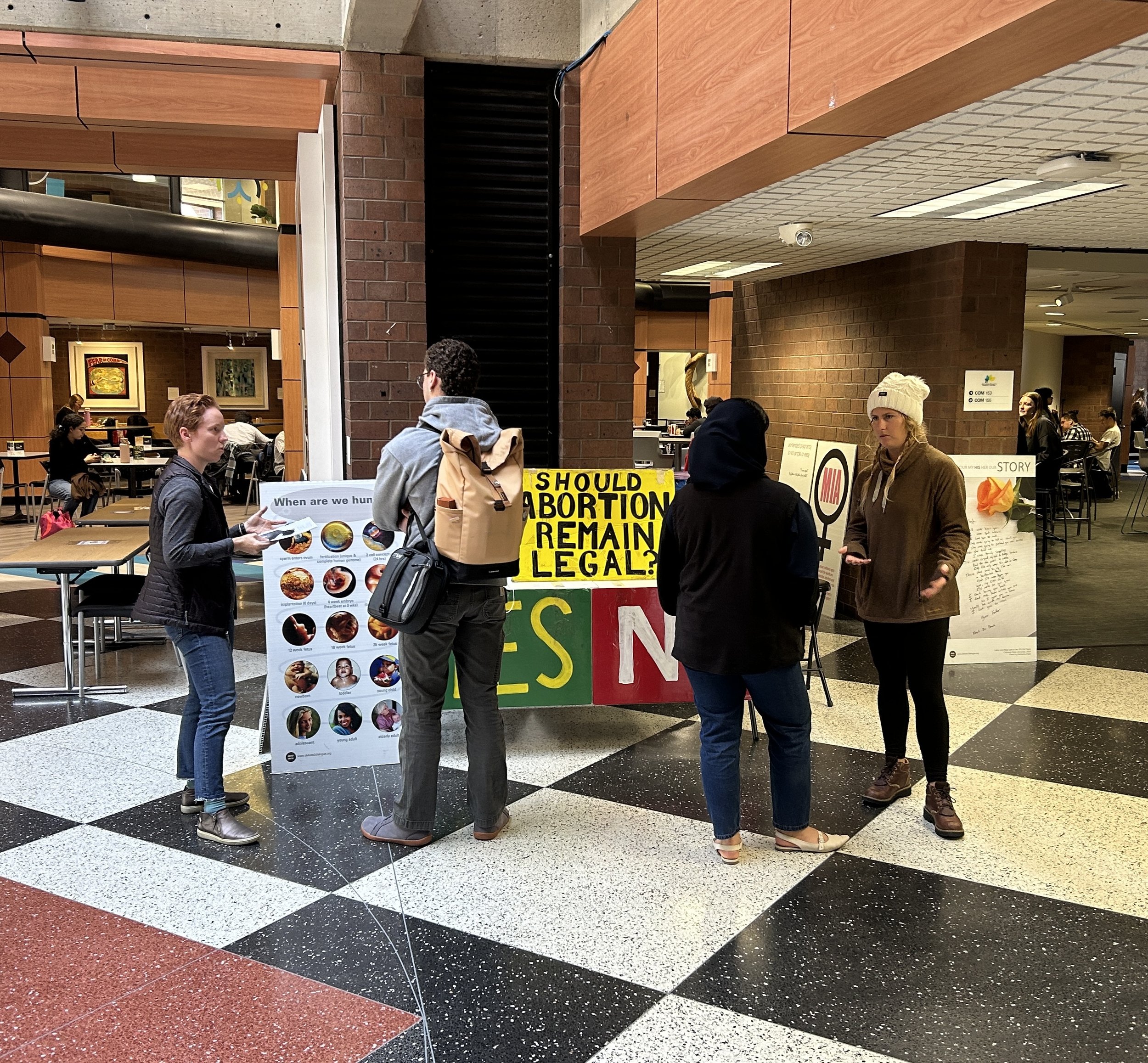
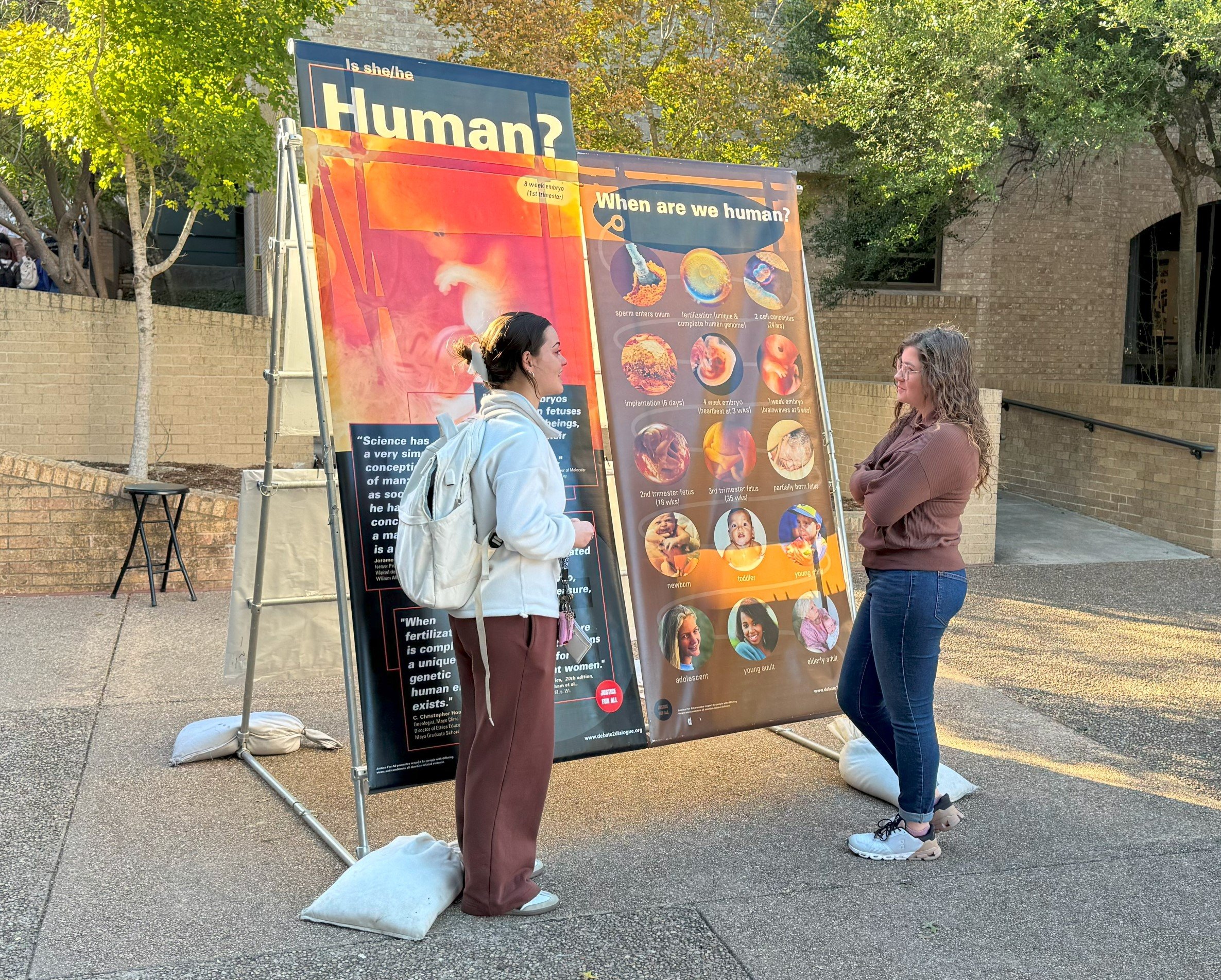
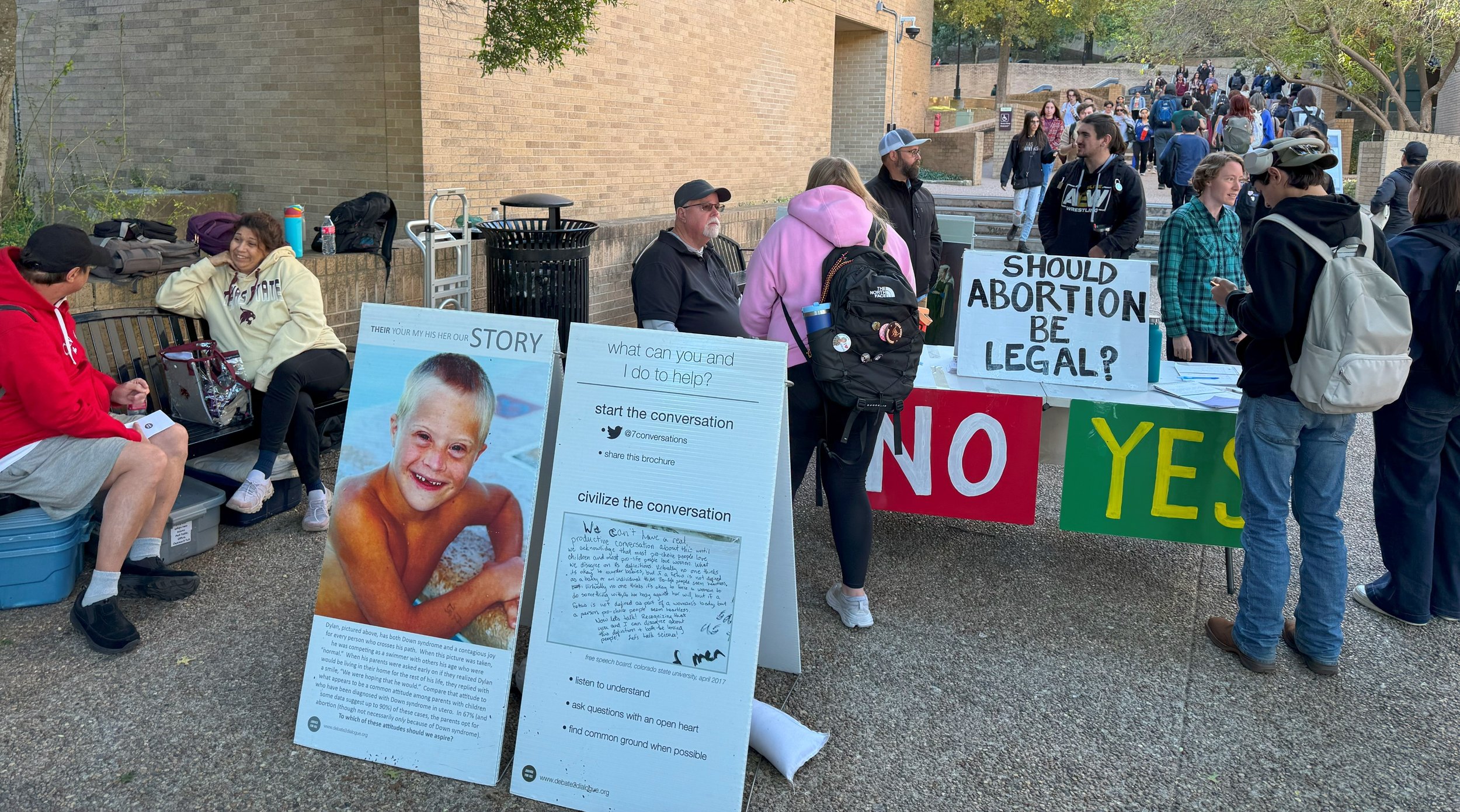



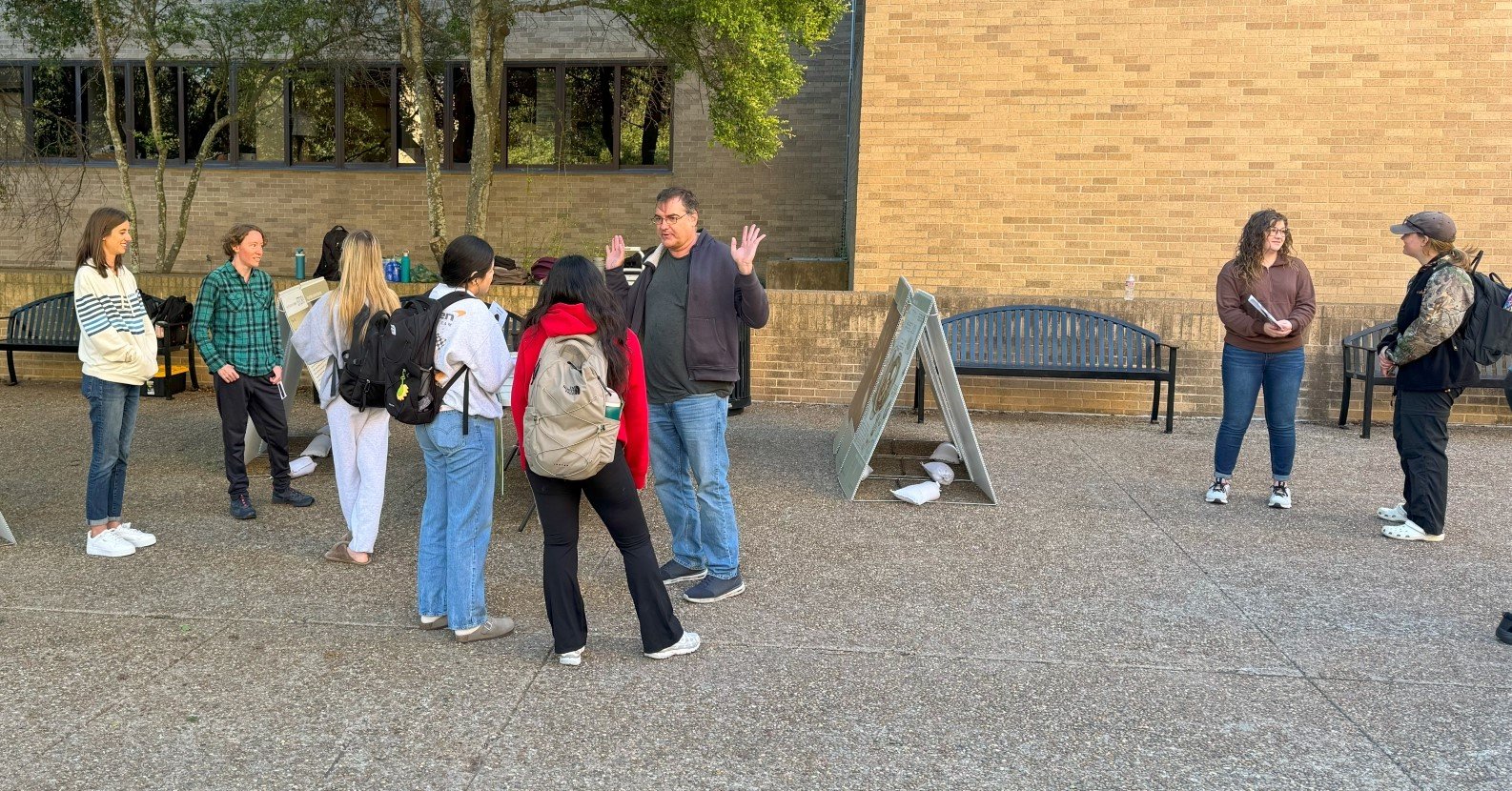
Let’s Cause Thousands to Stop and Think in 2025
What does it take for the content of the truth to sink into a person’s mind and heart? Is hearing or seeing enough? Our culture is filled with more data, inputs, and content than ever before, but we are at risk of being one of the least thoughtful cultures ever. The antidote? Cause people to stop and think. They need to stop not just for a moment, but for long enough to allow them to interactively consider what’s true. This is why one of our passions is conversations. (See our October Update, “Connecting the Dots” for one example.)
When our trainers and volunteers step out and create conversations, we ask questions that cause the other person to stop and think. Imagine the impact of thousands of Christians who are trained to be skillful advocates who start conversations and make them productive encounters filled with listening, asking questions, and offering respectful challenges. We’re passionate about these advocates because they then take what they’ve learned and, long after our event is over, continue changing their world one person at a time. During each outreach event we see a different kind of advocate creating a different kind of conversation, and we see the beginnings of a different kind of world in which elective abortion is unthinkable. Our strategy is aimed at long-term systemic change that’s only possible when many thousands of individual minds and hearts change. If you share our passion for conversations and advocates that God can use to change the world, please consider supporting JFA’s work with a generous year-end gift or a pledge of regular support.
When you give a gift to JFA (jfaweb.org/donate), it creates moments to “stop and think” by…
… transporting our trainers to events in CA, CO, TX, OK, KS, MO, NE, MI, VA, and elsewhere through flights, rental cars, and mileage reimbursements.
… helping us be present in 10 metro areas including increased activity in Denver (Kristine), NW Arkansas (Alora), Kansas City (Kristina), and Grand Rapids (Kaitlyn). (See our August update: “New Team Members and New Cities.”)
… helping us reach more people through small-scale events. (See our September update: “Team Be Nimble.”)
… allowing us to create new copies of our smaller exhibits and to experiment with new content so we can find the tools that attract more people to stop and think.
… providing new dialogue brochures for our campus events.
… enabling us to provide Seat Work + Feet Work training to Christians in more places.
… providing computers, projectors, and other technologies that enable us to reach more people through workshops, presentations, emails, letters, and social media.
Thank you for partnering with JFA. If you send regular financial support or host our trainers in your home or provide meals or pray for us or volunteer at events or share our training with others, you are already doing so much to help JFA make a difference. Thank you.









